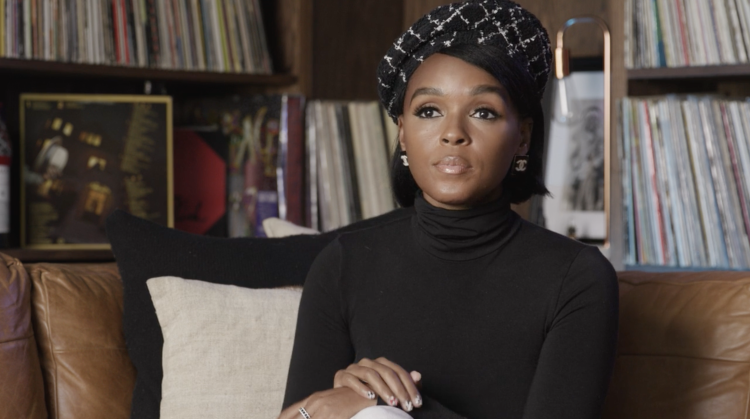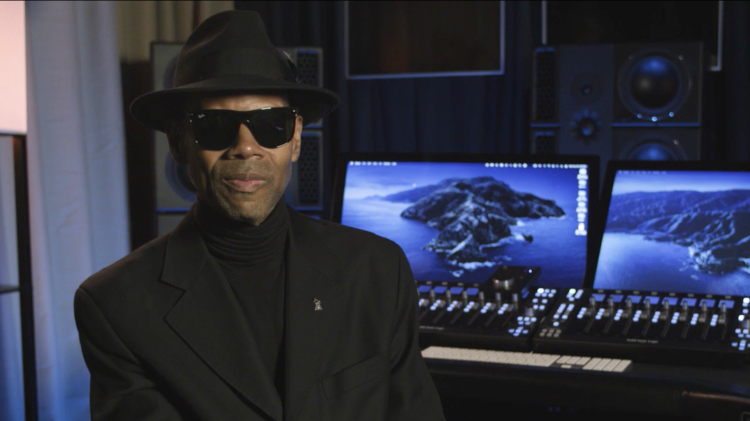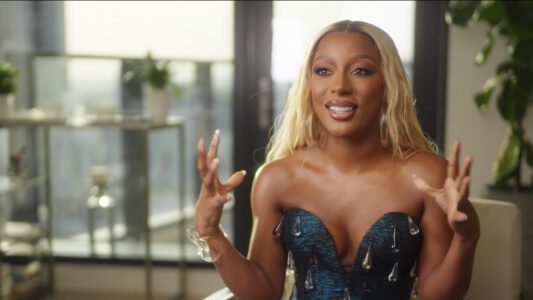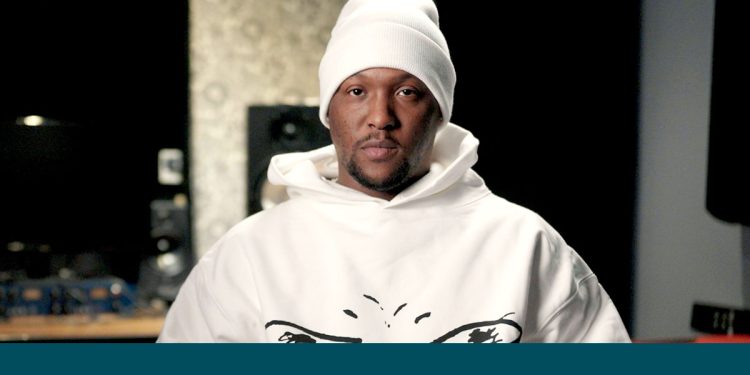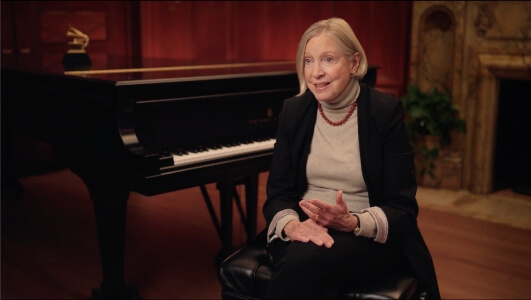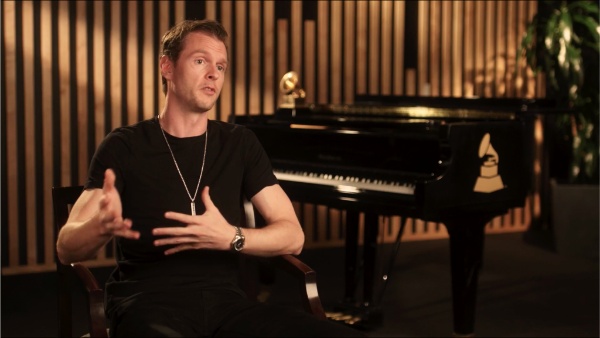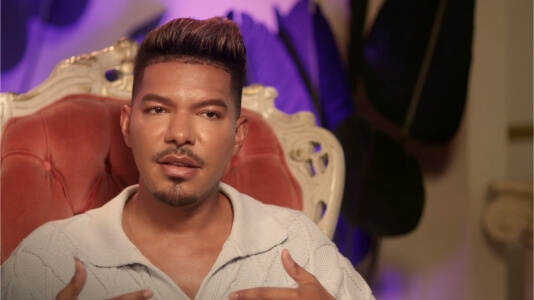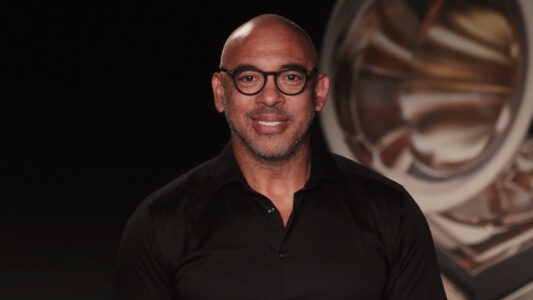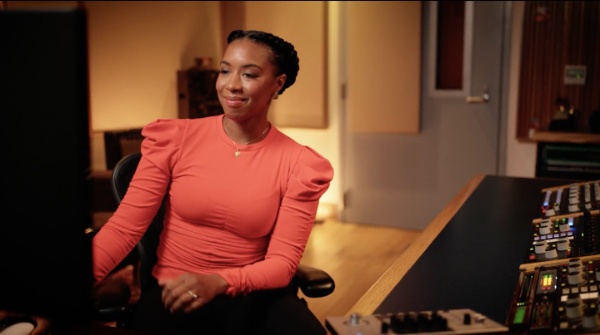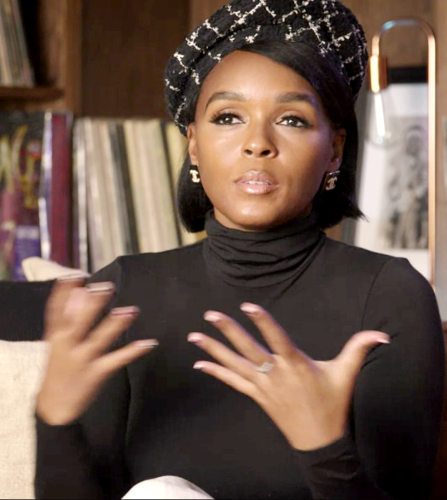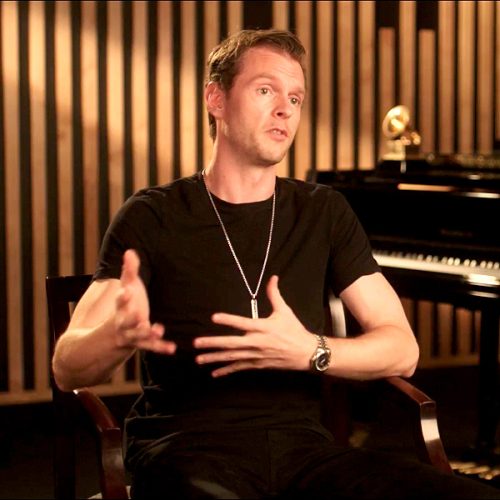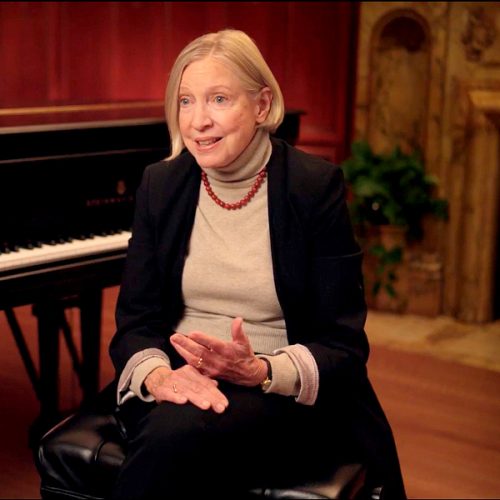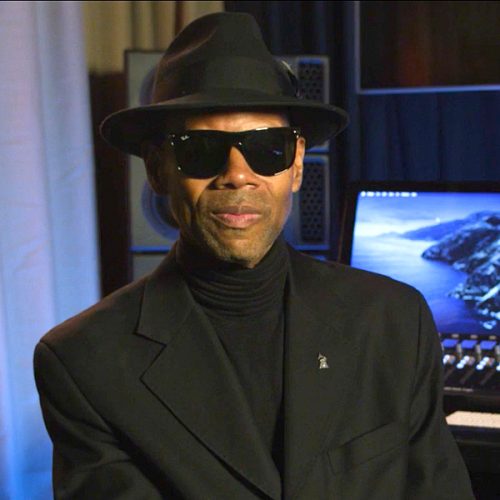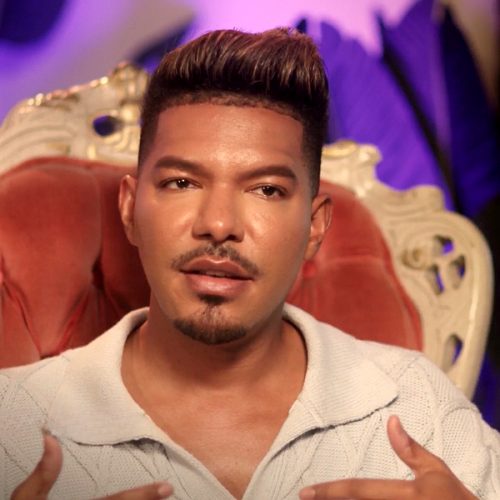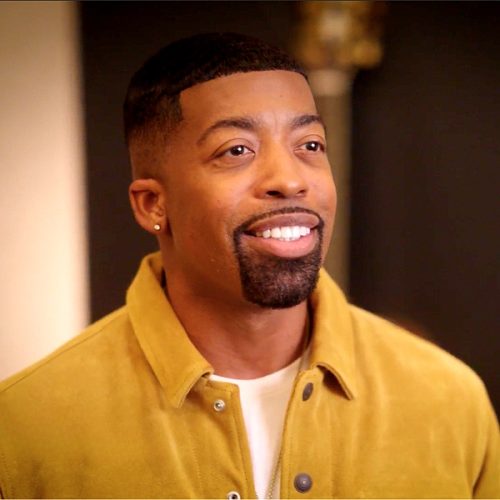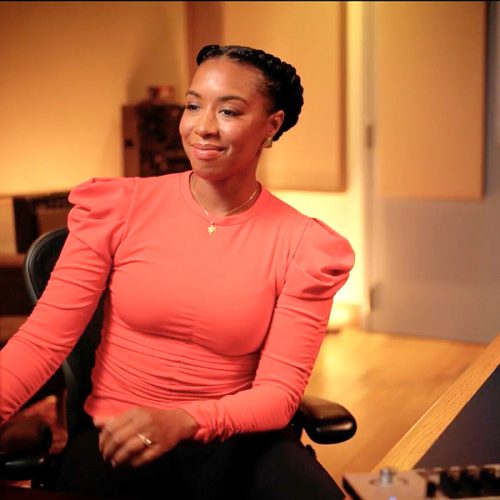Overview
So You Want to Be a Songwriter? Here’s How to Get Started in the Music Industry
A.K.A.

Dreaming of crafting hit songs and making a mark in the music industry? Songwriting could be your path to success. Whether you’re a seasoned lyricist or just starting out, the journey to building a career in music is within reach. Let’s explore the essential skills needed to pen, record, and sell songs.
Discover GRAMMY GO courses exclusively on Coursera
When Inspiration Strikes
From fleeting moments of inspiration to the countless hours spent honing their craft, the journey of creating a timeless song is a testament to the dedication and perseverance of songwriters. These musical masterpieces not only entertain but also capture the essence of human experience, emotions, and the zeitgeist of their time. Let’s explore the stories behind some iconic songs, highlighting the creative spark that ignited them and the unwavering commitment that brought them to life.
The Beatles’ iconic song “A Hard Day’s Night” is a testament to the power of observation and creative reinterpretation in songwriting. John Lennon drew inspiration from a “Ringo-ism,” drummer Ringo Starr’s unique way of phrasing things, when Starr casually remarked, “It’s been a hard day’s night” after a long day. Lennon transformed this everyday phrase into a catchy melody and relatable lyrics, capturing the essence of youthful exuberance and the toll of fame. This exemplifies how songwriters can find inspiration in unexpected sources, turning ordinary moments into extraordinary musical creations.
Jon Batiste’s GRAMMY-winning song “Butterfly,” co-written with Dan Wilson, is a testament to the power of music in expressing profound emotions and experiences. Inspired by his wife’s battle with cancer, the song serves as a metaphor for resilience and transformation, using the butterfly’s metamorphosis as a symbol for overcoming adversity. The song’s gentle melody and heartfelt lyrics offer solace and encouragement to listeners facing their own challenges, demonstrating the profound impact that personal experiences can have on the songwriting process.
Miley Cyrus’ chart-topping hit “Flowers” (winner of Record of the Year and Best Pop Solo Performance at the 66th Annual GRAMMY Awards in 2024) is a powerful anthem of self-discovery and empowerment. Following a highly publicized divorce, Cyrus transformed her heartbreak into a vibrant celebration of independence and self-love. The song’s empowering lyrics and infectious melody encourage listeners to embrace their worth and find strength in solitude, resonating with those navigating breakups and personal growth.
These examples underscore the profound influence that personal experiences can have on the creative process, demonstrating how songwriters transform emotions, struggles, and triumphs into art that resonates with audiences.
Honing Your Songwriting Skills
Crafting a captivating song involves a blend of creativity, technical know-how, and understanding the music business. Here’s what you need to focus on:
- Lyrics: Meaningful and engaging lyrics are the backbone of a memorable song. They evoke emotions, tell stories, and connect with listeners on a personal level.
- Melody: The melody is the heart of a song, capturing attention and lingering in the listener’s mind. A unique and well-crafted melody complements the lyrics and enhances the overall impact.
- Structure: A well-structured song guides the listener through a journey, building anticipation and delivering a satisfying resolution. Verse-chorus-bridge structures are common, but don’t be afraid to experiment with different formats.
- Recording and Production: Bringing your song to life involves recording and production. This includes arranging instruments, choosing sounds, and mixing the final track to create a polished product.
Navigating the Music Industry
The music industry presents its fair share of challenges, but with the right approach, you can turn obstacles into opportunities.
- Copyright and Licensing: Protecting your intellectual property is crucial. Registering your songs with the U.S. Copyright Office and understanding licensing agreements ensures you receive proper credit and compensation for your work.
- Networking: Building relationships with other songwriters, producers, publishers, and industry professionals can open doors to collaborations and career-advancing opportunities. Attend industry events, join online communities, and seek out mentors for guidance.
- Financial Considerations: Songwriting can be a lucrative career, but it often takes time and effort to establish a steady income stream. On average, songwriters earn around $65,000 annually, but this can vary significantly based on experience and success.
Learning from the Masters: GRAMMY-Winning Songwriters
Studying the work of successful songwriters can provide invaluable insights and inspiration. Here are a few GRAMMY-winning artists whose songwriting journeys are worth exploring:
- Rodney Jerkins: A master of R&B and pop, Jerkins’ early collaborations with Brandy catapulted him to fame. He’s known for crafting infectious melodies and innovative productions, working with artists like Michael Jackson, Whitney Houston, and Beyoncé.
- Billie Eilish and Finneas O’Connell: This sibling duo took the music world by storm with their unique blend of dark pop and electronic elements. Their songwriting often delves into introspective themes, capturing the complexities of modern life.
- Chris Cornell: The lead singer and songwriter of Soundgarden, Chris Cornell’s powerful vocals and poetic lyrics explored themes of alienation, social unrest, and personal demons. His songwriting earned him numerous GRAMMY nominations and awards, solidifying Soundgarden’s place as one of the leading grunge bands of the 90s.
Learn with the Pros: GRAMMY GO’s Award-Winning Courses
GRAMMY GO, a creator-to-creator learning platform by the Recording Academy, offers a wealth of resources for aspiring musicians to achieve their musical aspirations. It’s “How to Produce an Award-Worthy Song” course, taught by GRAMMY-winning and -nominated professionals, along with other courses from and industry pros, delves deep into the nuances of music production and sound design, covering everything from songwriting fundamentals to the intricacies of mixing and mastering. This comprehensive approach equips aspiring musicians with the skills and knowledge necessary to create professional-quality recordings.
In addition to expert instruction, GRAMMY GO fosters a supportive community where songwriters can connect with peers, exchange feedback, and learn from one another’s experiences. Members also gain access to exclusive resources, such as discounts on industry tools and invitations to events, further enhancing their songwriting journey. Whether you’re looking to refine your songwriting craft, elevate your production skills, or simply connect with fellow musicians, GRAMMY GO offers a wealth of resources to help you achieve your musical aspirations.
What’s Your Earning Potential as a Songwriter?
The financial rewards of songwriting can vary widely, ranging from a modest supplemental income to a lucrative career. The Bureau of Labor Statistics reports the median annual wage for musicians and singers, including songwriters, at approximately $65,000 per year. However, several factors influence your earning potential:
Minimum Earnings:
Beginning songwriters may earn little to no income initially, relying on other jobs or sources of income while building their portfolio and network. Some may earn a few hundred dollars from royalties or performance fees for their early works.
Maximum Earnings:
Established songwriters with chart-topping hits or successful sync placements can earn well into six figures annually. Top songwriters have the potential to earn millions through royalties, licensing deals, and publishing agreements.
$65K
AVG

Factors Influencing Your Earnings:
Several key factors contribute to a songwriter’s earning potential:
- Experience and Success: Songwriters with a proven track record of successful songs and collaborations tend to command higher rates and attract more lucrative opportunities.
- Royalty Rates: The percentage of royalties earned from song sales, streams, and public performances can vary depending on contracts and licensing agreements.
- Sync Placements: Licensing songs for use in film, television, commercials, or video games can generate substantial upfront fees and ongoing royalties.
- Publishing Deals: Signing with a music publisher can provide songwriters with advances, administrative support, and access to broader licensing opportunities.
- Live Performances: Performing your own songs or collaborating with other artists can generate additional income through ticket sales, merchandise, and performance fees.
Understanding the financial landscape of the music industry is crucial for aspiring songwriters. By developing your craft, building your network, and pursuing diverse income streams, you can maximize your earning potential and achieve financial success as a songwriter.
